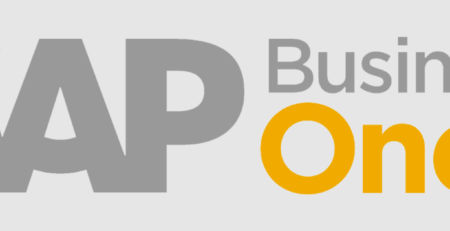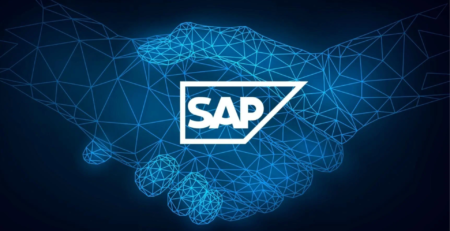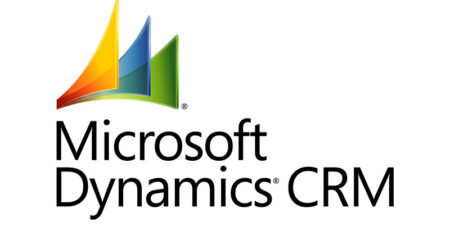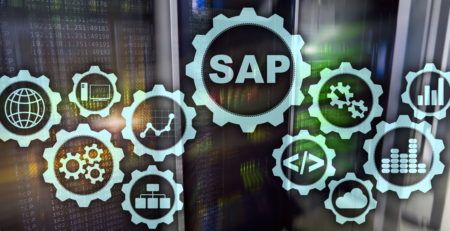What trends will dominate the year 2024?
Poland’s trade market is growing despite inflation, an unstable geopolitical situation and numerous legislative changes. The year 2023 turned out to be the first for the retail industry in three years that was not significantly affected by the pandemic. However, this does not mean that retail remained free of challenges – record inflation on the one hand, and a series of legal changes that strongly affected entrepreneurs’ investment plans on the other.
Omnibus | KSeF
One of the first legislative changes implemented was the EU Omnibus Directive, effective from January 1, 2023, concerning the disclosure of promotional prices for goods and services. Since mid-year, the Office of Competition and Consumer Protection has been verifying the correctness of stores’ actions related to the new obligation.
However, the past year passed mainly under the sign of KSeF, the National e-Invoice System. After a two-year implementation period, it was supposed to be mandatory from July 1, 2024. However, in the last days, the Ministry of Finance announced that due to serious technical issues in the system, it will not be introduced according to the planned schedule. Along with it, almost everything will change – paper invoices will be replaced by structured ones, and the way they are issued, received, and delivered will take place within the system.
At this moment, it is not clear when the obligation to use the system will be introduced. The Ministry of Finance has stated that the current state of technical preparations does not allow for its safe implementation even by the end of 2024.
E-receipts, ESG, and the deposit system
Mid-year also saw the return of the topic of electronic purchase receipts. E-receipts can be issued by businesses obliged to record sales on a fiscal cash register, especially those utilizing online or virtual cash registers. However, until now, there was no universally accessible solution for managing them. This situation changed on September 15 when the Ministry of Finance made available a teleinformatics system for storing electronic purchase receipts issued by sellers. The system is accessible through an application. Within the first month, the solution was downloaded by nearly 20,000 users. The high interest from buyers is also confirmed by studies indicating that up to 70% of them are open to using e-receipts.
Starting this year, the largest enterprises, comprising around 4-5 thousand entities, are subject to mandatory reporting on ESG in four key areas: environment, society, human rights, and corporate governance. Next year, this obligation will extend to other companies and subsequently to small and medium-sized companies. In response to this regulation, as well as growing pressure from customers, nearly one-third of retailers indicate that the pursuit of sustainable development and ESG principles is a significant trend in the industry.
An important issue is also the topic of the deposit system. As a result, larger-scale businesses will be obligated to finance processes such as selective packaging collection, retrieval from retail points, transportation to processing facilities, record-keeping, reporting, and financing the collection costs by stores or wholesalers. At this stage, concerns arise about the short preparatory period. The most significant challenge seems to be the need for a rapid establishment of the entire deposit system ecosystem – from fiscal solutions through technical infrastructure to the retrieval and recycling system.
The main trend highlighted by retailers remains automation. One of the trade segments where it is increasingly being utilized is self-checkout systems. Stores are implementing automatic customer data analysis systems that provide personalized offers and product recommendations. Automation is present at every stage of the product ‘lifecycle,’ from production through warehousing to checkout and analysis of purchasing behaviors. In the TSL industry (transport, shipping, logistics), efficiency plays a crucial role, directly impacting order fulfillment time. Processes and tools in this area are constantly improved. Micro-mobility, autonomous vehicles, and the integration of warehouse processes year by year contribute to increasing efficiency and building a competitive advantage.
In the payments segment, solutions like BNPL (Buy Now, Pay Later) are enjoying the highest popularity, which is a deferred payment system. In 2023, 64% of Poles used it. On one hand, this may result from the high level of integration availability of BNPL solutions on e-commerce platforms; on the other hand, from the growing interest of customers in financial-technological innovations. This translates into changes in consumer preferences – from the beginning of the year, the BNPL market has been steadily growing, while simultaneously, the level of financing purchases through non-bank loans, known as ‘payday loans,’ is decreasing.











